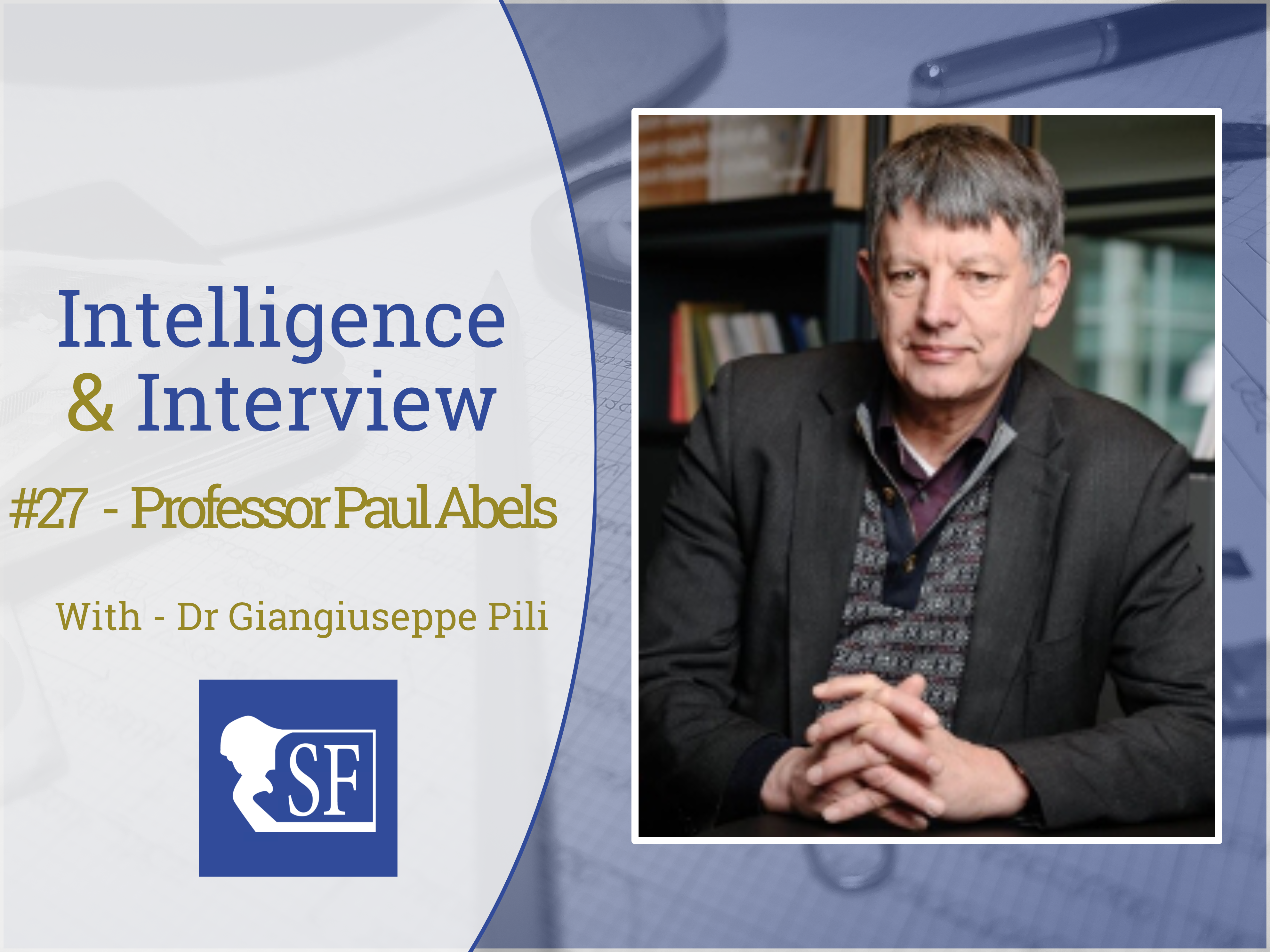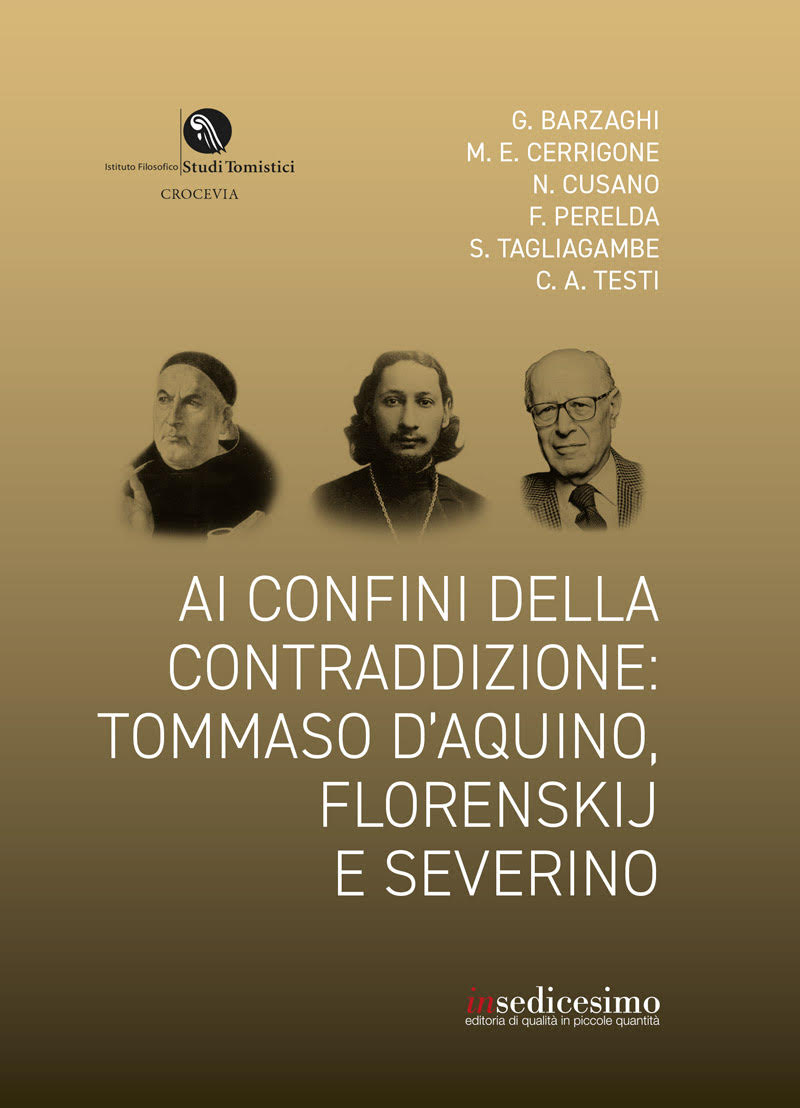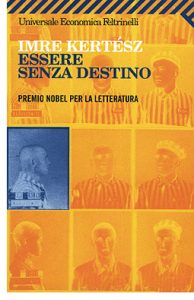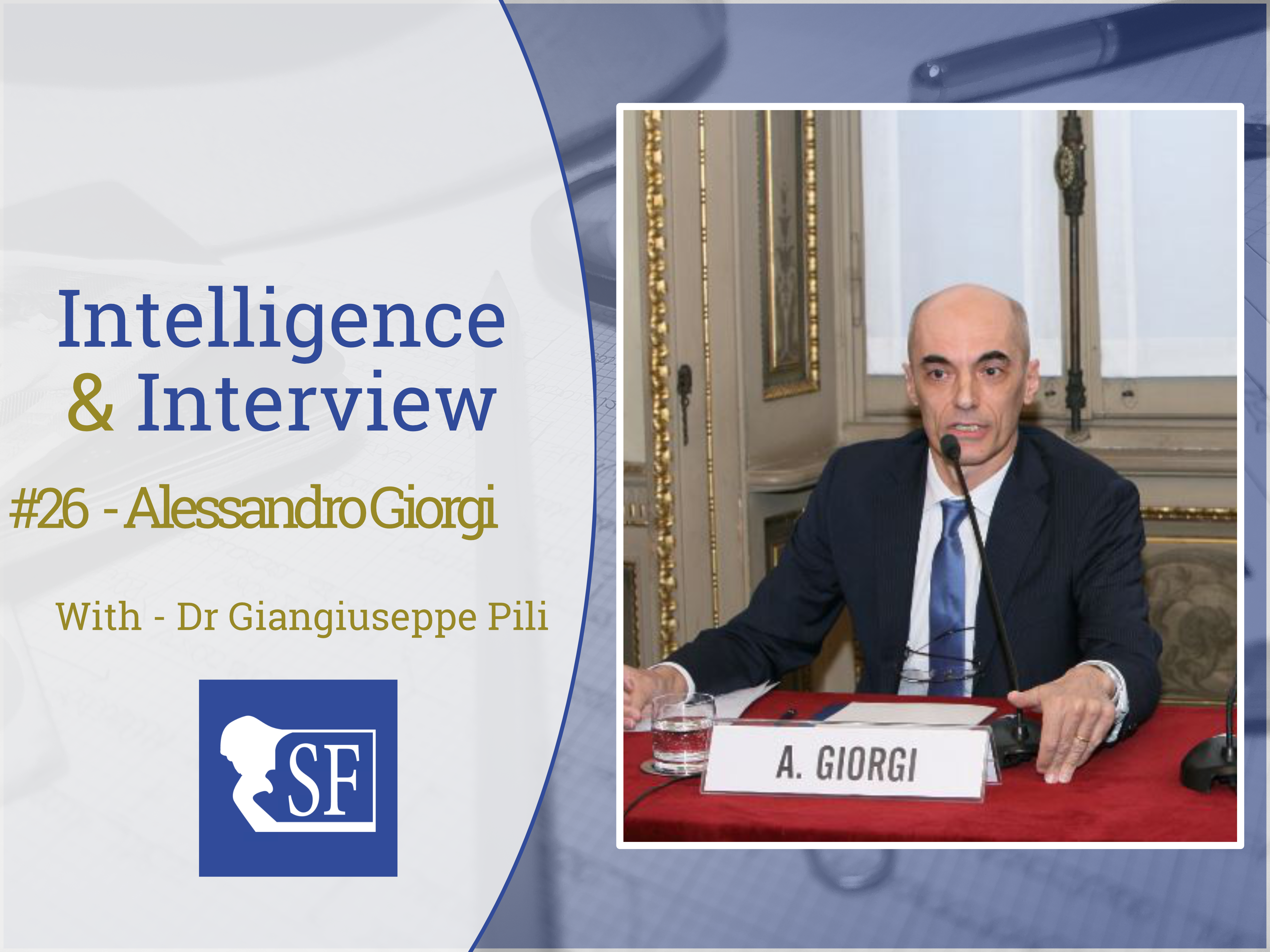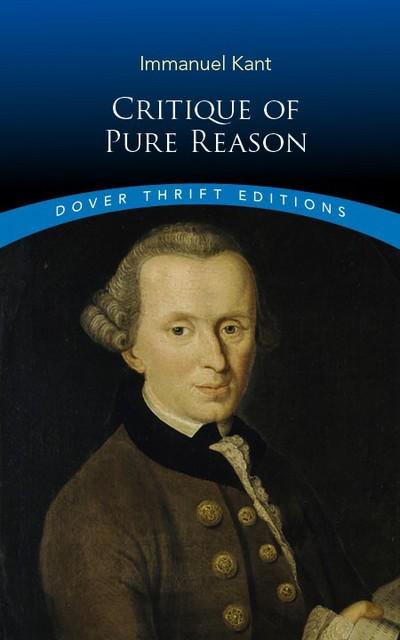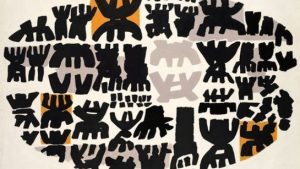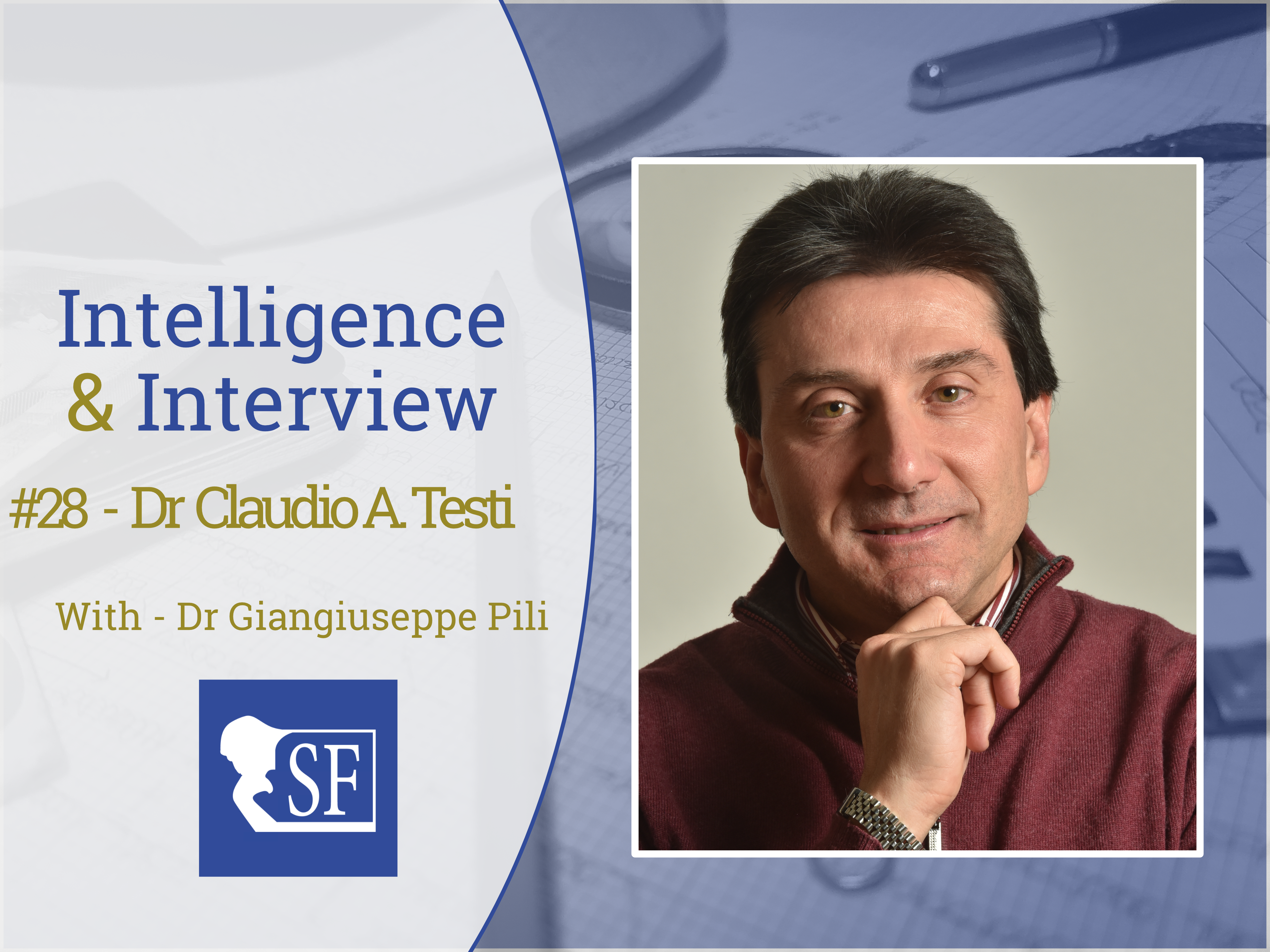
Subscribe to the newsletter & discover more about Intelligence & Interview!
“And now something completely different,” would have said Monty Phyton Flying Circus. Probably something completely unheard of by our intelligence readers. However, for those who follow Scuola Filosofica, Tolkien is not a new entry, as it’s not Claudio A. Testi. But as many of you know, I love anecdotes (and I’m just 34!). Everything started in 2013 when I was waiting to get a PhD candidacy. A frantic activity was undergoing. I filled tons of papers for the beloved Italian bureaucracy every day (something I would have recommended to Sauron or Saruman!). Meanwhile, to stay up and in good (mind) health, I read The Lord of the Rings for my second time. The first one was during those years in which Jackson’s movies were a revolution for the special effects and overall commitment to a grandiose project (I think he was one of the first, in recent times, who reconsidered movies for cinema theaters to be divided into several chapters). Then, my father bet with me that I was unable to read all the trilogy in one month. Actually, I read it in less time, and I won my prize. Anyway, during 2013 I had the chance to start systematically working on my war studies and philosophy of war (it is from there that intelligence came up, but that was two years later). As SF was already fully operative, I decided to write something I esteemed crazy to be beyond any imagination (and hopefully be extensively read), an “Analytic philosophy of The Lord of the Rings.” It turned to be an entire enquiring on the issue. It is sufficiently long to be a book. Where did I land with it? Anywhere, specifically. I mean, it is read but not as I imagined. Did I make any money out of it? It is completely free! However, life is always unpredictable and this doesn’t mean is bad. As many times in my life, I start with a project, and after it, I ask myself if other people can be interested in it. That’s how I met Claudio. Indeed, I found (with my personal awe) that many other people studied Tolkien philosophically. Now a PhD in philosophy, Claudio wasn’t just one among many. He was (and is) one of the leading scholars on Tolkien studies in Italy and even abroad. So, I sent him my text, and he quickly replied (something already astonishing in certain contexts and countries). From that moment on, we developed a warm intellectual friendship. Claudio Testi is a first-class scholar on Tolkien and Thomas Aquinas and formal logic. His books are very carefully written. At the same time, Claudio is also a relentless organizer of talks, conferences, and public discussions. I met him several times in Bologna and Modena, where I was kindly invited by him and Marco Prati (who I take the chance to greets) for presenting my research on the philosophy of war, which were very warmly received with a lengthy Q&A. I can only invite all the readers to discover Claudio’s work. Please feel free to look at the Tomistic Institute, centered in Modena but influential at a national level. Without further ados, it is then with my distinct pleasure to publish the interview on Scuola Filosofica – for those who don’t know it yet; it is one of the leading cultural blogs in Italy. In the name of Scuola Filosofica Team, our readers, and myself, Giangiuseppe Pili, Claudio: thank you!
1# How would you present yourself to the readers and Philosophical School (Scuola Filosofica)?
[I believe] one tries to improve the world he lives in both materially and culturally.
I am an entrepreneur and the director of a commercial company with 40 employees. I try to improve materially and socially the environment in which I operate through concrete responsible actions. Meanwhile, as an intellectual, I know that knowledge for knowledge’s sake is human beings’ greatest activity. As it is useless, it is really free. For this reason, along with other friends, I founded Philosophical Institute of Tomistic Studies (in 1988) [Istituto Filosofico di Studi Tomistici] and the Italian Association of Tolkien Studies (in 2014) [Associazione Italiana per gli Studi Tolkeniani], in which I hold executive positions.


